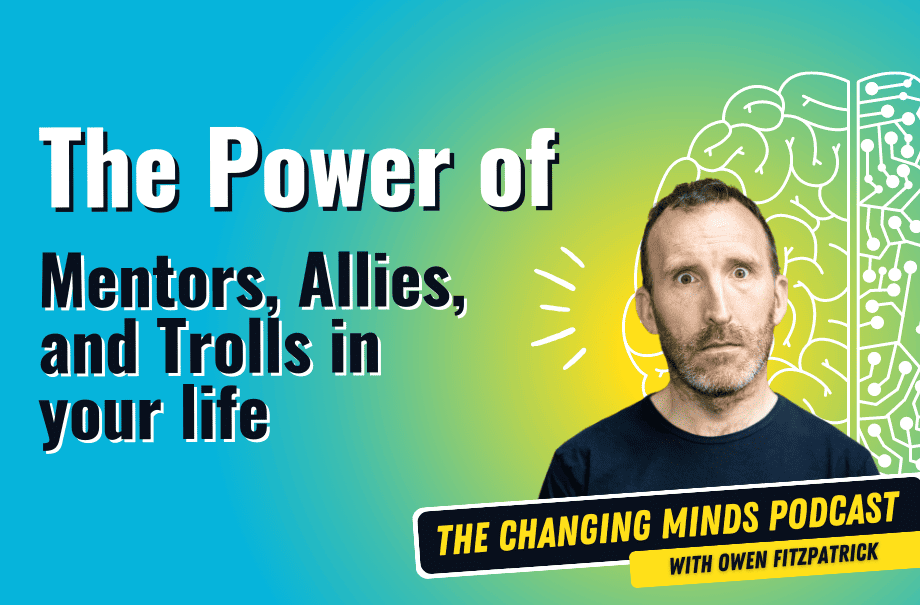Why do we misinterpret others due to cognitive biases?
How do biases impact judgment in relationships, business, and personal life?
This episode offers strategies to recognize and mitigate these biases.
Social Comparison Bias: Comparing oneself to others, often unfairly.
- Example: Feeling demotivated seeing others’ success.
- Takeaway: Focus on your own progress.
Forer Effect (Barnum Effect): Believing vague statements apply personally.
- Example: General advice from horoscopes or motivational quotes.
- Takeaway: Be skeptical of generalized claims.
Semmelweis Reflex: Rejecting new evidence that challenges beliefs.
- Example: Dismissing innovative strategies due to tradition.
- Takeaway: Stay open to new ideas and evidence.
Projection Bias: Assuming others share your feelings or preferences.
- Example: Thinking team members are as enthusiastic about a project as you.
- Takeaway: Recognize differences in perspectives.
Reactance Theory: Resisting directives perceived as limiting autonomy.
- Example: Opposing advice due to a sense of manipulation.
- Takeaway: Address resistance by offering choices.
Illusion of Transparency: Overestimating how well others understand your emotions.
- Example: Believing others know you’re upset without explicit signals.
- Takeaway: Communicate clearly.
False Consensus Effect: Assuming others share your beliefs or attitudes.
- Example: Thinking your decisions reflect the majority opinion.
- Takeaway: Verify assumptions.
In-Group and Out-Group Biases: Favoring one’s group and stereotyping others.
- Example: Trusting opinions from your group while generalizing outsiders.
- Takeaway: Challenge stereotypes.
Pygmalion Effect: High expectations improving performance.
- Example: Believing in a team member’s potential leads to better results.
- Takeaway: Set positive expectations to encourage success.
Backfire Effect: Strengthening beliefs when confronted with contradictory evidence.
- Example: Rejecting data that disproves a cherished belief.
- Takeaway: Approach evidence with an open mind.
Group Attribution Error: Assuming a group’s behavior reflects all its members.
- Example: Stereotyping all customers based on one individual.
- Takeaway: Avoid generalizations.
Conclusion
- Awareness of these biases can enhance communication and understanding.
- Apply insights in daily interactions.
Podcast: Play in new window | Download






